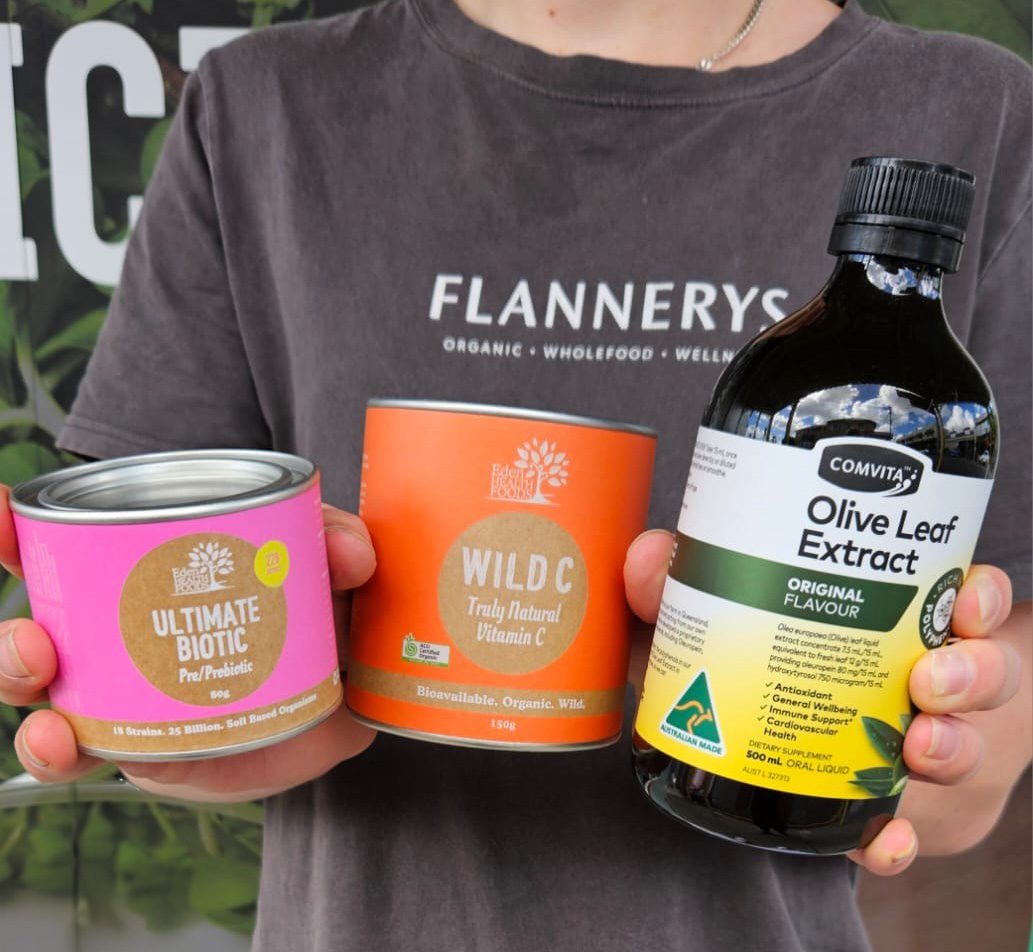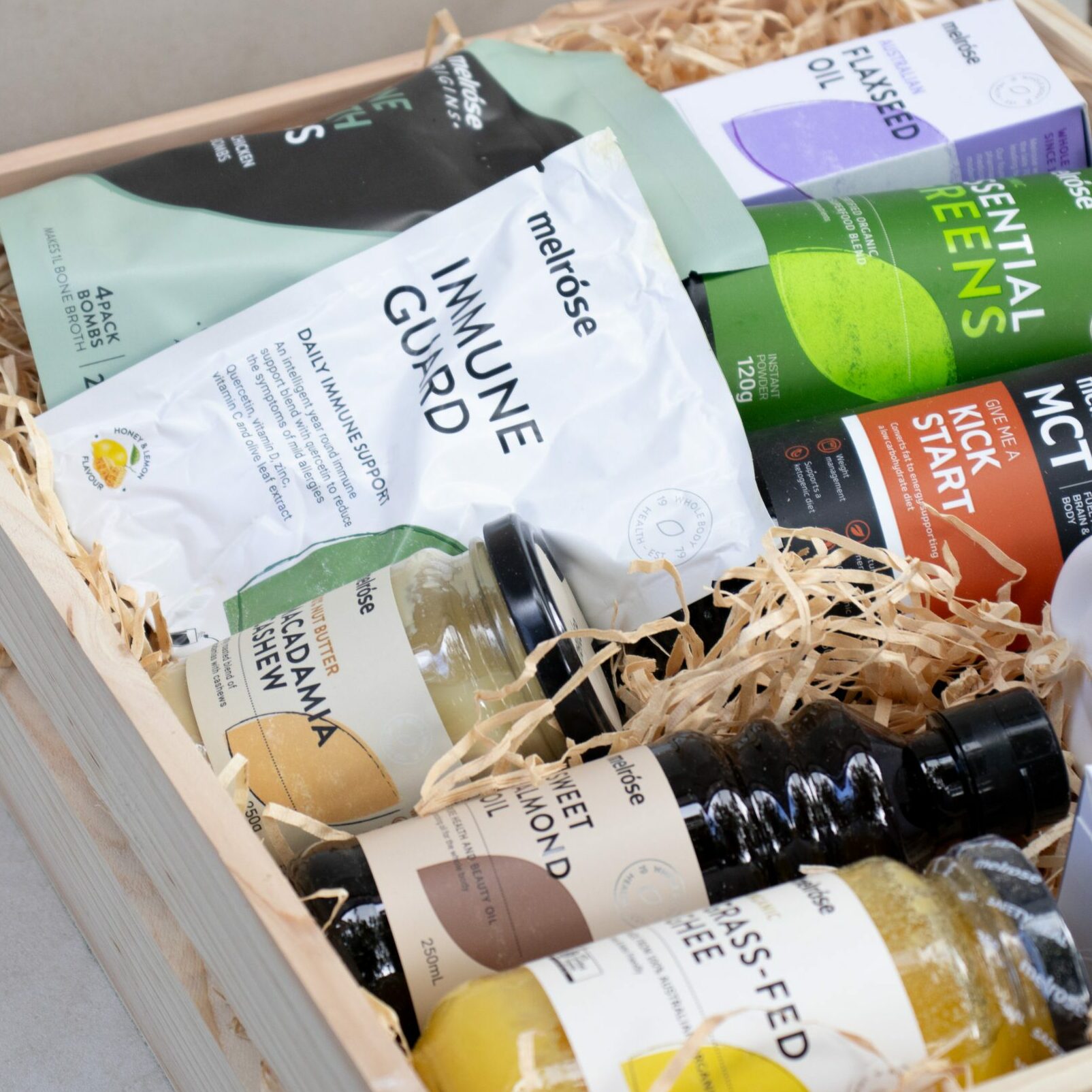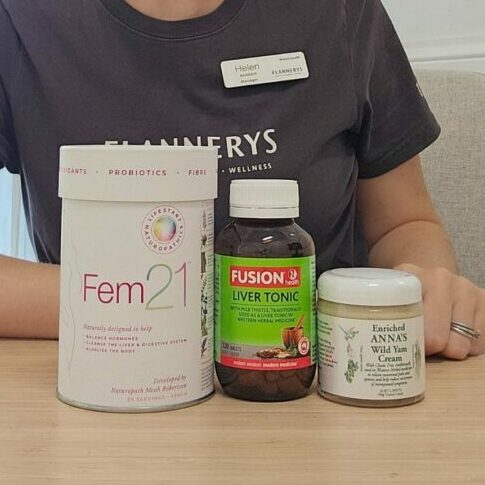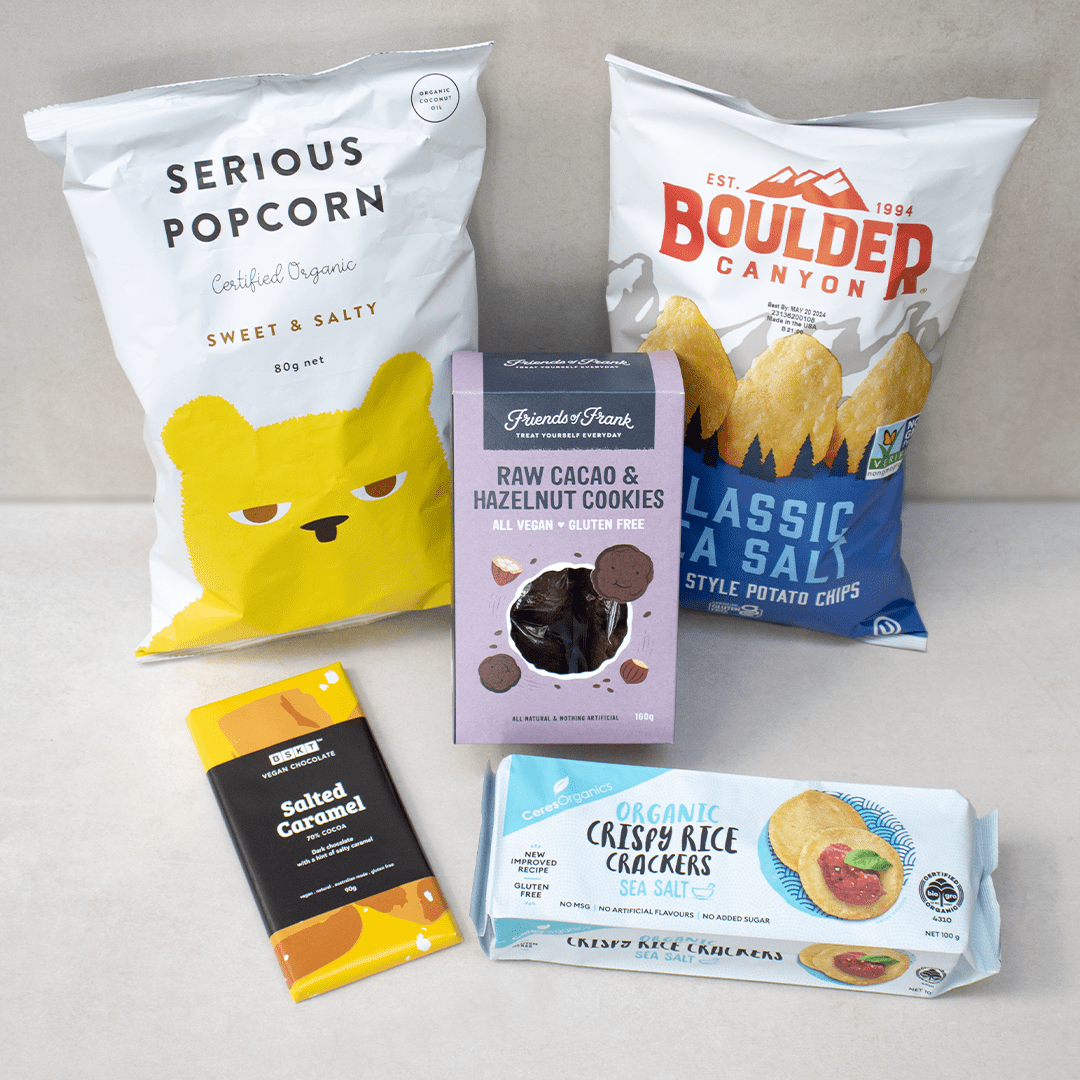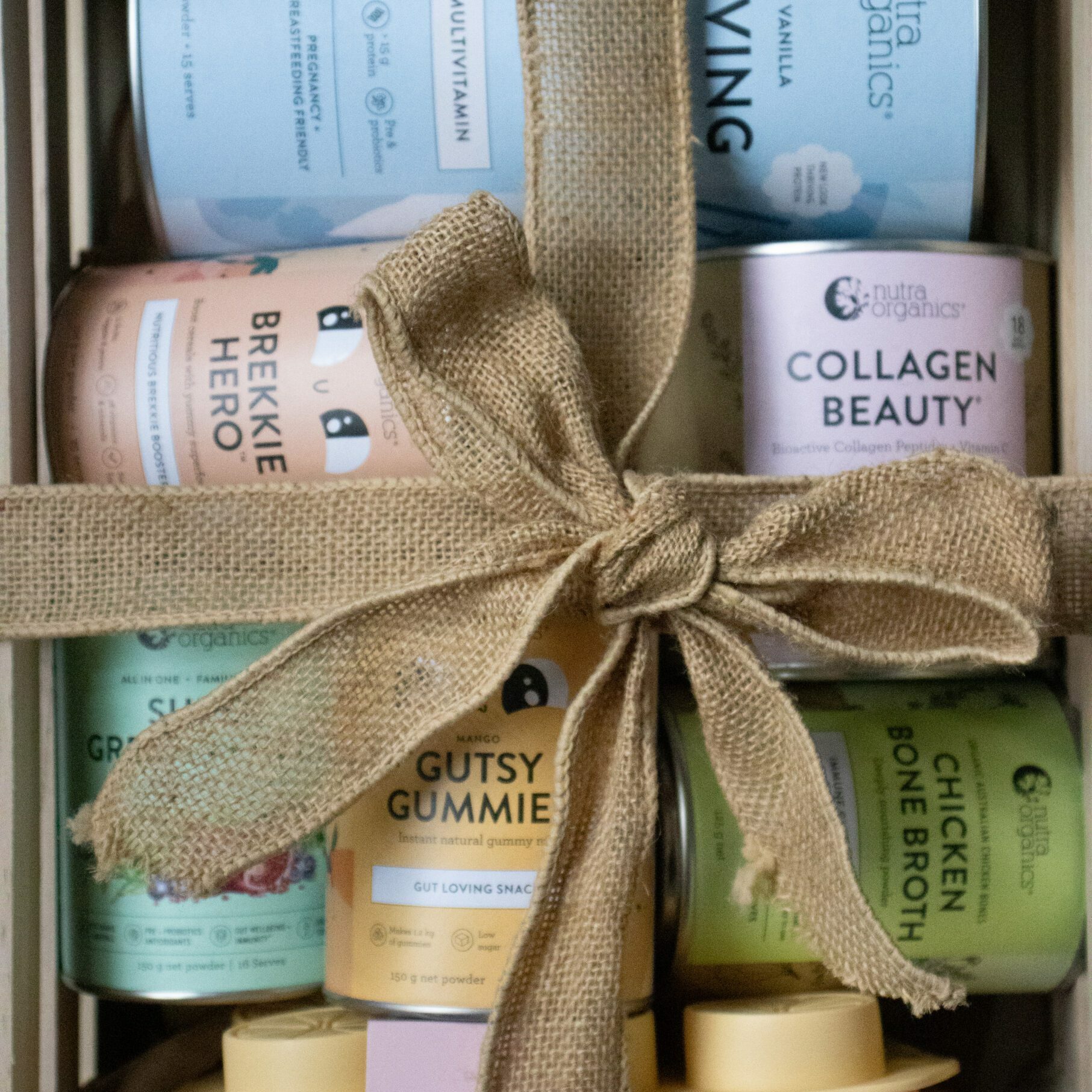
26.03.2021
Building your immunity with tips from our Naturopath
As we know, we are in a world where keeping well and having a strong immune system is of great importance.
written by Julie Helleren
Strong immune function is your frontline defense and essential for your body to be able to defend itself against infections and illness. The immune system usually recognises unfamiliar cells from bacteria and viruses then destroys them, therefore protecting our body. Sometimes our immunity is weakened, making it less effective and we can become more prone to frequent infections and viral exposure. There are many factors that most of us are aware of that can reduce our immunity such as poor nutrition and nutritional deficiencies, gut disturbance, poor quality or lack of sleep, physical & emotional stress, alcohol & high sugar intake and smoking. All these factors can have a huge impact on the health of the immune system.
Signs of a weakened immune system can include:
1. Viruses such as colds/flus and topical viruses.
2. Frequent tiredness, especially due to stress or just feeling overwhelmed.
3. Recurring infections, slow healing wounds.
4. Nutritional deficiencies & imbalances.
Stress will use up nutrients at a faster rate. Certain medications may also reduce nutrient absorption, resulting in lower nutrient levels, which could comprise gut function. Approximately 70% or more of our immune system lies in our gut, therefore focusing on gut health is particularly important to fight off viruses and other types of disease. As we age or are continually stressed with high levels of the cortisol hormone (fight or flight), we can potentially produce less stomach acid & enzymes to breakdown our foods to receive our nutrients containing minerals and vitamins. Feelings of being unable to cope & low level anxiety, can affect simple daily activities, how we manage workload or caring for others. It’s important we all take ‘time out’ to help minimise stress within the body.
We can support our immune function by getting adequate sleep, regular exercise including deep breathing, enough physical and emotional rest to prevent stress accumulation.
NUTRITIONAL DEFICIENCIES are increasingly on the rise. Indoor workers, poor dietary intake & excessive use of sunscreens can have an affect on vitamin D production from the sun. Vitamin D has many roles, from helping to strengthen and maintain immune and bone health, support neurological function, wound healing, reducing inflammation throughout the body & helping to regulate the immune response through cytokines.
There are many conditions that can present with low levels of Vitamin D, primarily Autoimmune disorders.
Low levels or deficiency of zinc may leave you more susceptible to viruses, infections, low sense of smell, loss of taste or you may notice cuts & wounds take longer than usual to heal. Not only does zinc maintain a healthy immune system it also builds up resistance to infection by promoting growth and function of immune cells.
Knowing what your pathology levels of vitamin D and zinc are could be the difference between deficient or optimal levels for a healthy immune system. Asking your health provider may be the key.
Up your vitamin D intake by getting a little daily sunshine on the body (10-15 minutes is enough) plus include zinc & vitamin D rich foods into your diet such as sprouted seeds (pumpkin & sunflower especially), egg yolk, ginger, wholegrains, milk, liver, lamb, and fish oils such as herring, cod, tuna, oysters, butter, milk.
OTHER SUPPORTIVE NUTRIENTS
Vitamin C cannot be made in the human body therefore needs to be obtained daily from the diet we eat. With high antioxidant & antihistamine properties, vitamin C not only protects cells but is required for collagen, cartilage & blood vessel formation. Vitamin C plays an important role in our ability to absorb & store iron & heal wounds. People with infections, viruses, allergies, chronic inflammation conditions or smokers may require higher doses of vitamin C.
Foods rich in vitamin C are rosehip, oranges, limes, lemons, strawberries, kiwifruit, pawpaw, mango, pineapple, blackcurrant, guava, tomatoes, sweet potatoes, spinach, bell peppers, raw cabbage, brussel sprouts, broccoli and aloe vera juice.
Modern soils can be depleted of nutrients due to pesticide and fungicide use. Eating certified organic ensures healthy soil, healthy plants & healthy food. Providing a higher quality of nutrient level.
THERAPEUTIC HERBS
There are many ancient medicinal herbs which are known in Western, Chinese and Ayurveda medicine that are traditionally used today for clinical application in immune support, building resilience, adapting to changes and managing stress.
Culinary herbs such as holy basil, rosemary, garlic, coriander, thyme, and oregano contain compounds of medicinal properties which are antiviral, antioxidant, antibacterial and antifungal, all of which support immune function.
SLEEP
Getting enough sleep can support immunity by helping to reduce the risk of viruses & infection. Sleep boosts our immune function, supports body weight by balancing leptin hormones, provides energy levels for the day and is vital for our mental and physical health & wellbeing. Low levels of melatonin (the sleep hormone) and sleep deprivation can suppress our immune function. Lifestyle and food choices are dependent on us to get a quality nights sleep.
Good sleep hygiene requires consistent early nights before 10pm, no white light or screens at the very least 1-2 hour before bedtime. Avoid caffeine after 3pm and all fluids after 8:30pm. Enjoy early dinners to encourage healthy digestion before bedtime. Quiet time, reading or taking an essential oil bath, listening to soft music, meditation and deep breathing techniques to promote relaxation while reducing stress for a healthy immune response.
*It is advisable to discuss your concerns with the Naturopath/ Nutritionist for your safety prior to using any supplements.
Share this post with your friends

